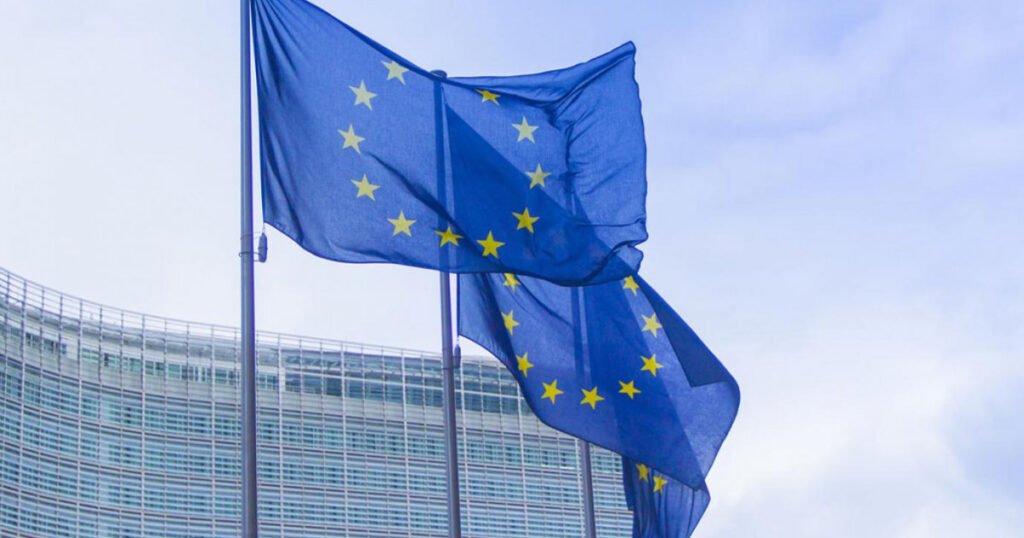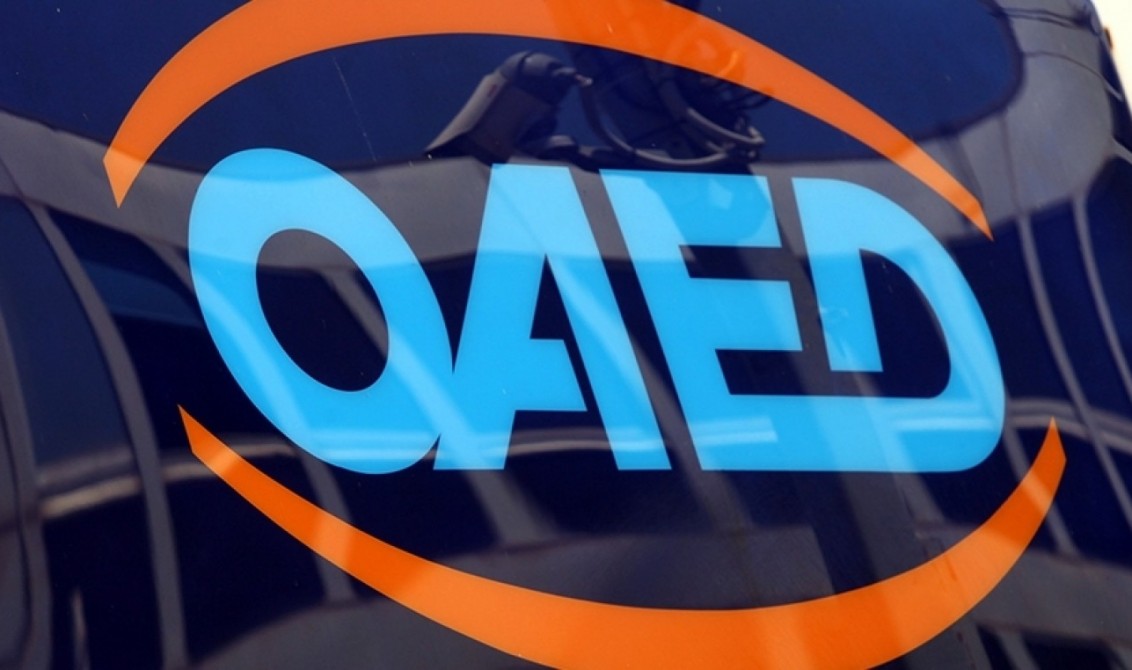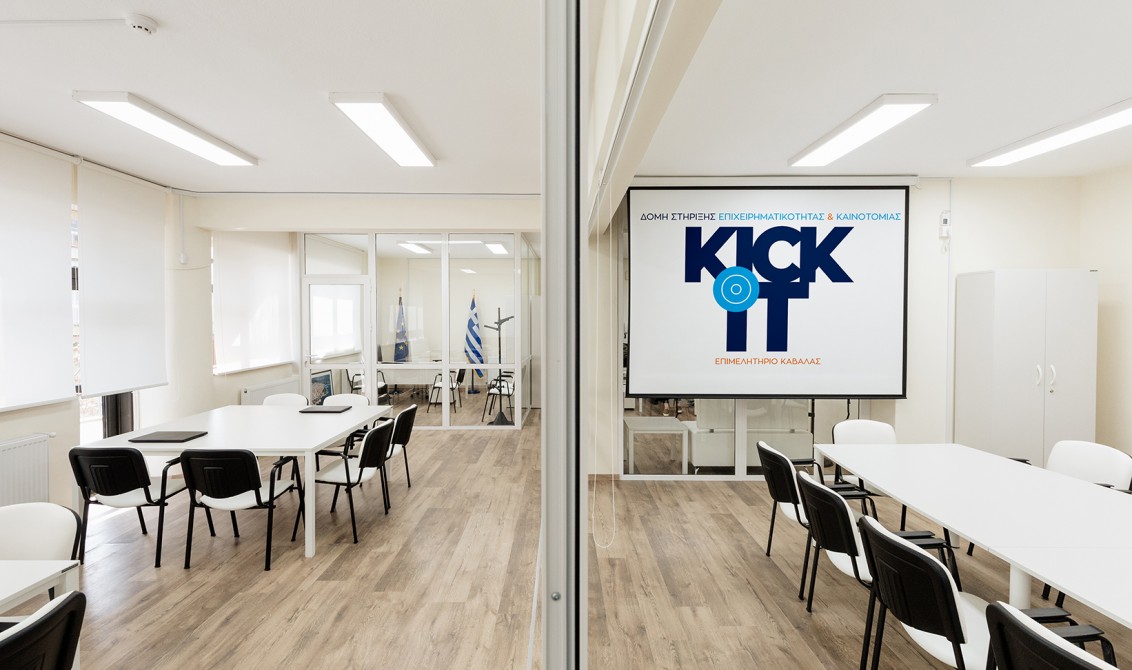
In Greece in particular, SMEs account for 99.5% of the country's SMEs and employ more than 86.9% of the workforce, a higher percentage than in any other EU Member State.
The European Commission, through the NSRF and its Programmes, has consistently supported small and medium-sized enterprises both during the economic crisis and the COVID 19 pandemic and continues to do so during the current programming period.
Specifically, through the Competitiveness, Entrepreneurship and Innovation Operational Programme(EPANEK - NSRF 2014-2020) and before the outbreak of the pandemic, the following were made available 2.76 billion. euros to SMEs with the contribution of the resources of the European Regional Development Fund .
The actions for SMEs
General Entrepreneurship Actions were published that provided key support to a wide range of SMEs in a difficult time due to the economic crisis, focusing on smart specialisation sectors and many different professional sectors in general, co-financing significant investment expenditure. At the same time, training and employment support actions were also published, which also contributed to supporting the development of SMEs.
In particular, they are implemented:
- 26,000 investment projects to upgrade/modernise/establish around 22,000 existing and start-up SMEs
- 1,480 research and innovation projects for around 1,300 SMEs
They were also strengthened:
- 133 start-ups & innovative companies with seed and co-investment capital many of which attracted additional international investment capital
They are created:
- 16,400 new full-time jobs, the majority of which are still active
In addition, training and employment support actions were also published, which also contributed to supporting the development of SMEs through the various entrepreneurship actions funded by the European Social Fund, totalling 326 million. euro:
- 1,110 enterprises with start-up characteristics were established
- 7,300 higher education graduates were supported to set up or upgrade a business related to their degree
- 4,500 new full-time jobs created, the majority of which are still active
- 13,000 accounting service providers are supported to upgrade digitally and support the functions and requirements of the public administration and their clients
Skills Upgrading Actions
Through the various training - certification actions for employees in the private sector financed by the European Social Fund for a total amount of 333.8 million euro, the Commission will provide training - certification of employees in the private sector. euro:
They were built/Recorded:
- 98,650 employees who participated in relevant training -certification programmes with a success rate of 72%
Participated in training programmes (in progress):
- 7,000 employees started training in 2022 and completed in 2023
Following the outbreak of the health crisis and with resources from the European Regional Development Fund and through the REACT-EU additional actions were implemented for a total amount of 4.51 billion. euros:
- 30,000 SMEs were financed through Portfolio Funds with loans & guarantees to secure necessary Working Capital
- 24,500 small and medium-sized enterprises financed to subsidise interest on their loans already taken out before the pandemic
- 36,150 SMEs financed with direct and non-repayable aid to provide working capital
- 311,500 SMEs financed through aid in the form of repayable advances
- 455 start-ups (members of the ELEVATE GREECE Registry) were funded for their operating costs
- 1.457 gyms - playgrounds through aid for the re-starting, after the period of suspension of operation of these activities
- 13,700 self-employed lawyers have received direct and non-repayable aid for the digital upgrading of their activities.
It is obvious from the above data that the support of SMEs during the pandemic by EPANEK was crucial in order for them to survive and then recover.
It should be underlined that the support of co-financed funds does not only concern direct (direct) aid, but also the creation of important financial instruments that contribute to the rapid financing of many small businesses by giving them access to affordable business lending (e.g. through the Entrepreneurship Fund (CERF II), the Entrepreneurial Equity Fund (EQUIFUND) and the Guarantee Fund.
But support for SMEs does not stop with EPANEK. With the new programming period, supporting small and medium-sized enterprises remains a key priority. The Competitiveness Programme 2021-2027, with a budget of €3.9 billion. euros under the new NSRF, focuses precisely on supporting small and medium-sized entrepreneurship. So far it has published 2 packages of actions with a total budget of €1 billion. (Green Transition SMEs, €700 million and Digital Transformation SMEs, €300 million) in which Greek businesses have already shown interest, with over 8,000 applications for funding.
The the Programme's support to SMEs will continue with future actions as business creation actions are planned (Support for the Creation and Operation of New Small and Medium-Sized Enterprises and Support for the Creation and Operation of New Tourism Enterprises) while the Action is also expected Research- Innovate, which will contribute significantly to the development of research and innovation by SMEs and their cooperation with research organisations. See here the Programming of the Programme's Actions .
Overall, the EU's pivotal role, combined with national resources, contributes not only to the viability of micro-enterprises but also to the creating the conditions to develop further, to become more competitive and sustainable in order to contribute to employment and GDP growth in the country.



